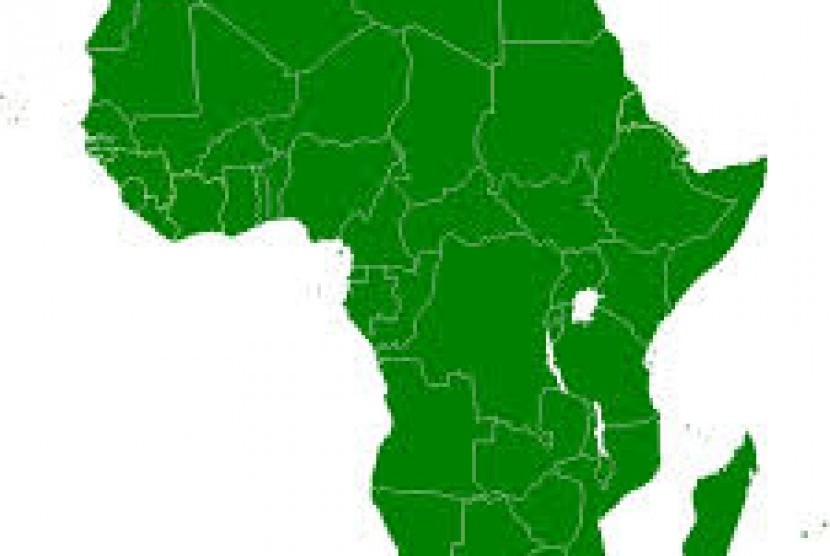REPUBLIKA.CO.ID, KINSHASA -- Democratic Republic of Congo will release about 2,000 prisoners this month in a bid to reduce overcrowding in jails and calm political tensions at the start of an election year, the justice minister said on Tuesday.
Congo's prisons are notoriously overpopulated and hold around 20,000 people, according to the United Nations.
A 2013 study by the U.N. mission in the country found the occupancy rate in the capital Kinshasa's main prison at more than 400 percent of capacity and documented multiple prison deaths from suffocation.
Justice Minister Alexis Thambwe said about 1,200 low-level offenders who have served at least one-quarter of their sentences and received approval from the prison director and prosecutor-general would be freed in the coming weeks.
He did not provide names and said the list still needed to be finalised.
About 800 additional prisoners are to be released following pardons granted last week by President Joseph Kabila to all prisoners aged 70 and older who have not committed serious crimes.
The president also pardoned nine members of a separatist religious movement in southwest Congo who were convicted of launching an insurrection in 2007 after disputed gubernatorial elections.
Thambwe said the measures were aimed at reducing political tensions before a contentious presidential election scheduled for November.
"We have taken (these) measures to calm the general situation ahead of the dialogue," Thambwe told Reuters.
He was referring to Kabila's call last November for a national dialogue to clear the way for planned local, provincial and national elections in the face of financial and logistical constraints.
But the start of the dialogue has been delayed as most major opposition parties refuse to participate, dismissing it as a trap to extend Kabila's mandate beyond its expiration at the end of this year.
Kabila, who became president in 2001 and won disputed elections in 2006 and 2011, has refused to outline his political future. Allies have recently advocated delaying polls by up to four years to clean up voter rolls.
Congo, Africa's leading copper producer, has not had a peaceful transition of power since independence in 1960.
Millions died mainly of hunger and disease in a 1998-2003 civil war that drew in more than a half-dozen regional powers.


